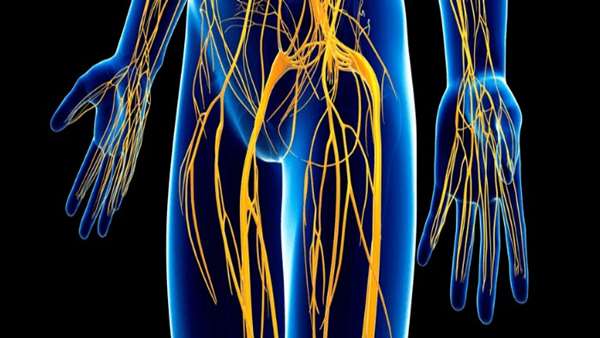A team from the Albert Einstein College of Medicine (NY, USA) has demonstrated that topical application of an siRNA treatment targeting the enzyme fidgetin-like 2 (FL2) can regenerate and restore function of erectile nerves damaged in a rat model.
The results of the paper, published in JCI Insight, suggest that, after further investigation, this siRNA treatment could improve the lives of men with erectile dysfunction (ED) following radical prostatectomy.
“Despite the advent of so-called nerve-sparing procedures, [radical prostatectomy] can damage the cavernous nerves, which control erectile function by regulating blood flow to the penis,” explained co-senior author Kelvin Davies (Albert Einstein College of Medicine). “About 60% of patients report having ED 18 months after surgery, and fewer than 30% have erections firm enough for intercourse after 5 years. Viagra® and similar ED treatments are rarely effective in these patients.”
The research team have previously determined that the enzyme FL2 slows the migration of skin cells towards wounds, prolonging wound healing. While they have already demonstrated that siRNA inhibiting FL2 promoted wound healing and regenerated damaged tissue in rats, the impact of this treatment on nerves had not yet been investigated.
In this study, they utilized a rat model in which the cavernous nerves were crushed or severed to mimic the damage associated with radical prostatectomy. The siRNA, in a gel form, was applied to nerves immediately after injury.
For rats with crushed nerves, cavernosometry tests revealed that the siRNA treatment had enhanced regeneration and restored function of the erectile nerves. After a month, the blood pressure within the penile shafts of the animals was comparable to that of normal rats.
In the animals with severed nerves, there was partial recovery of erectile nerve function and the siRNA was able to heal gaps of several millimeters between the severed nerve ends. “Functionally, the result from siRNA treatment was equivalent to or better than nerve grafting,” commented co-senior author of the paper, David Sharp (Albert Einstein College of Medicine).
The group also assessed the levels of nitric oxide synthase in the penile shafts of the rats. Animals treated with FL2 siRNA had higher levels than those given non-functioning siRNAs.
“This is important because drugs like Viagra don’t work if there’s no nitric oxide to kick things off,” continued Sharp. “But if we can restore even some of the nitric oxide in these nerves, Viagra and other ED drugs may then be able to exert their effects.”
The group is currently investigating the efficacy of their siRNA approach against nerve damage following spinal cord injury.
Link: https://www.regmednet.com/new-sirna-treatment-could-regenerate-erectile-nerves-damaged-by-surgery/




ارسال به دوستان